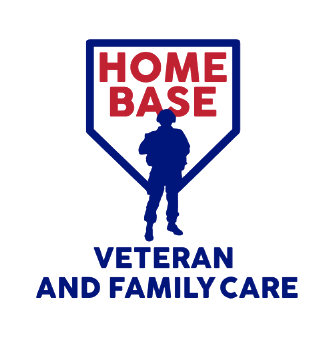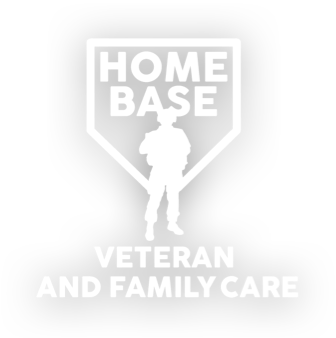TIPP Skill – Dialectical Behavior Therapy (DBT) Tools
The TIPP skill is part of Dialectical Behavior Therapy (DBT) and is helpful to have handy during a crisis – using it when your emotions are high and you’re feeling that physical response going on in your body. In today’s mental health blog post, Home Base’s clinical social worker Erika Lundgren guides you through the TIPP Skill and shares how it helps you get through a crisis without making it worse.
What is a Crisis?
A crisis could look different for everyone. A crisis could be something going on externally, thank a heated argument with a loved one, or getting into a car accident. It could also be an internal crisis, like battling a strong urge to use a substance or to self-harm. A crisis could look different for each person. But the following TIPP skill will help manage those high emotions that happen during a crisis.
T stands for Tip The Temperature: In order to calm down quickly, try holding your breath and putting your face in a bowl of cold water or holding a cold pack on your eyes and cheeks for at least 30 seconds. This will cue your mammalian diving reflex which is a natural reflex that occurs in all mammals and is triggered in humans when our faces are submerged in cold water. The reflex causes our body chemistry to change—heart rate drops down immediately and the parasympathetic nervous system is activated to prompt a relaxation response.
I stands for Intense Exercise: Try to engage in intensive exercise, even if it’s only for a short amount of time to get your heart rate going. Exercising intensely will help your body get rid of negative energy that can sometimes be stored from strong emotions. If you’re in a crisis, can you stop and do 20 jumping jacks? What about some burpees? Maybe you can go outside and do some sprints. Maybe just clenching, unclenching, your fist, whatever it may be for you to bring that heart rate up. The idea is we want to expand some of that stored up energy that happens when we’re in a crisis.
P stands for Paired Muscle Relaxation: It can help if you add muscle relaxation to paced breathing (below). We know that when we’re in our crisis or when our stress response is really high, we tend to carry tension in all parts of our bodies. So what we’ll do here, we’ll do a little practice one. So when we breathe in, we’re going to clench our fists really tight, hold them, notice what that tension feels like in your body, and as you breathe out, you can release the muscle tension. While breathing deeply and slowly, deeply tense each of your body muscles one by one. Notice this tension and then breathe out and let go of the tension by completely relaxing your muscles. Pay attention to the difference in your body as you tense and let go of each muscle group.
The last P in TIPP stands for Paced Breathing: Another way to cue your parasympathetic nervous system is to breathe deeply into your stomach. Try to slow down the pace of your inhales and exhales (on average, five to six breaths per minute). It helps if you try to breathe out more slowly than you breathe in.
The TIPP skills may not work immediately, but with practice, they can help to build up your ability to regulate strong emotions, manage difficult situations, and generally feel better. It can take some practice and in many cases, it helps to work with a DBT therapist to ensure that you are engaging in the skills correctly.
If you would like to learn more about DBT or working with a DBT therapist at Home Base, please reach out to us! Visit homebase.org/getcare to learn more about our clinical programs or call (617) 724-5202.
 About the Author: Erika Lundgren, LCSW, is a clinical social worker at Home Base. She completed her Bachelor of Science in Rehabilitation Services at the University of Maine at Farmington and her Masters of Social Work at the University of New Hampshire. Erika previously worked at the Manchester VA providing support and resources to veterans and their caregivers within the Caregiver Support Program. She also completed an internship at the Krempels Center, a nonprofit organization dedicated to improving the lives of people living with brain injury, facilitating groups, and offering support services for new members.
About the Author: Erika Lundgren, LCSW, is a clinical social worker at Home Base. She completed her Bachelor of Science in Rehabilitation Services at the University of Maine at Farmington and her Masters of Social Work at the University of New Hampshire. Erika previously worked at the Manchester VA providing support and resources to veterans and their caregivers within the Caregiver Support Program. She also completed an internship at the Krempels Center, a nonprofit organization dedicated to improving the lives of people living with brain injury, facilitating groups, and offering support services for new members.


 Home Base
Home Base